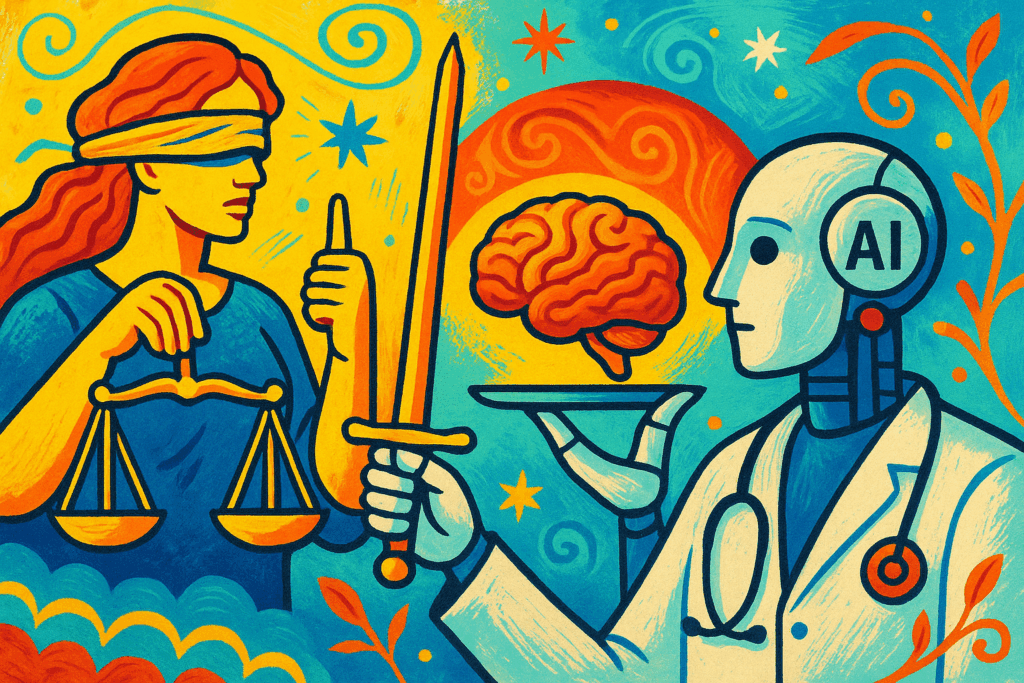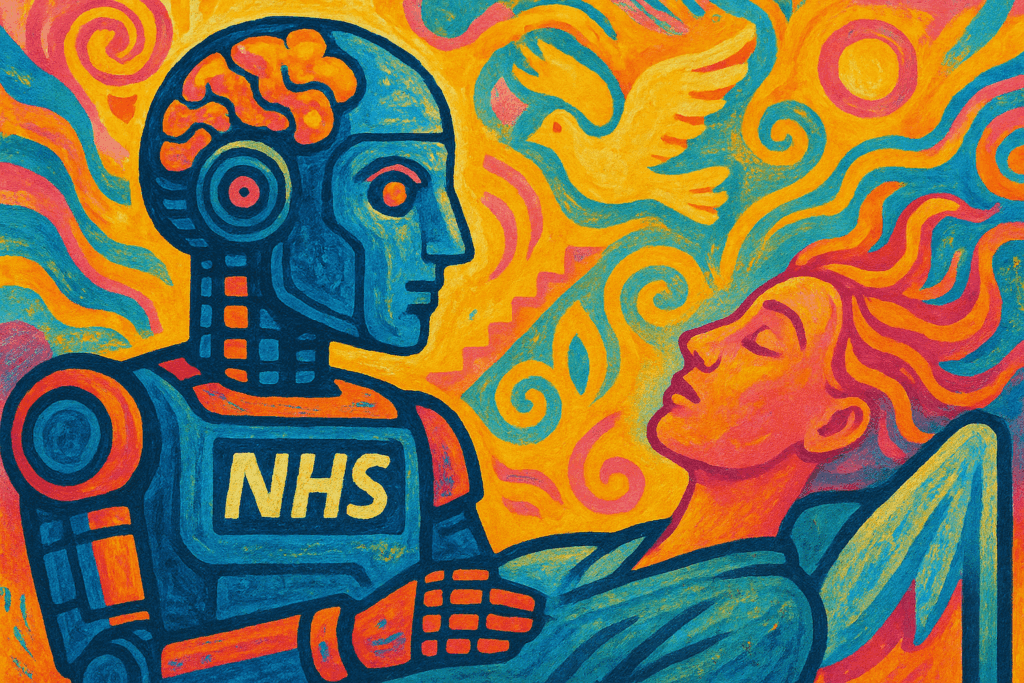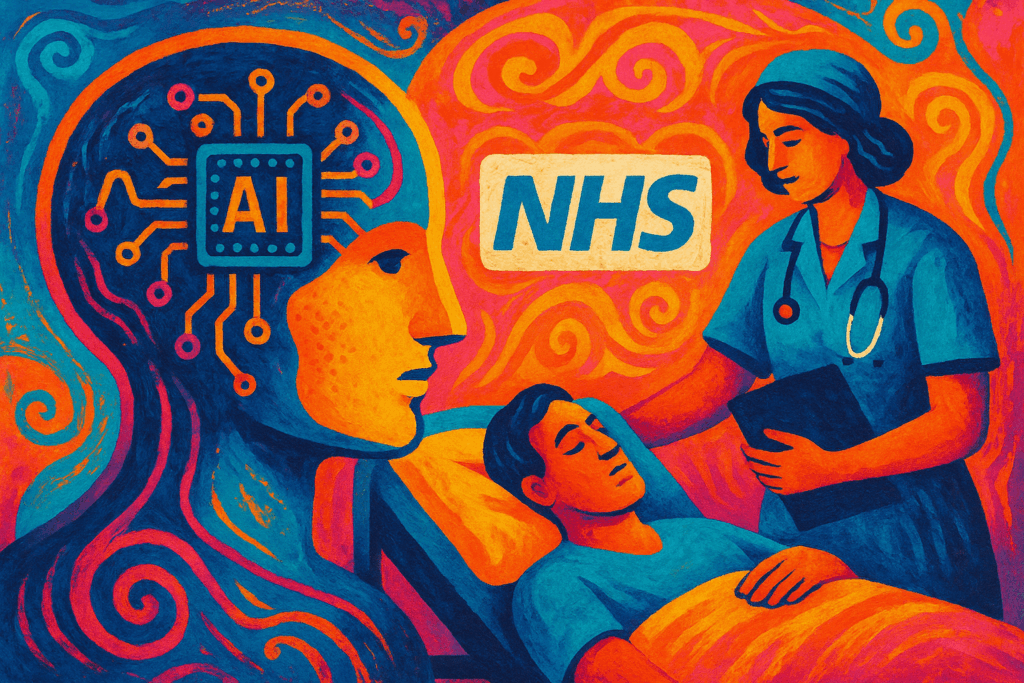The Promise of AI and Its Complexities
Artificial intelligence is transforming healthcare by improving diagnosis accuracy, accelerating drug discovery, and personalizing patient care. However, alongside these advancements come legal and ethical challenges that must be addressed to integrate AI safely and responsibly within healthcare systems.
Regulatory Landscape and Accountability
Globally, regulatory approaches to AI in healthcare vary substantially. The European Union adopts a prescriptive model with comprehensive rules aimed at managing AI risks before market entry. In contrast, the United States and United Kingdom employ a more adaptive, case-by-case regulatory framework that evolves alongside technology developments. These differing approaches complicate the establishment of consistent standards.
Professional accountability also presents challenges. When AI systems influence clinical decisions, questions about liability arise, especially if errors occur. It remains unclear how responsibility is divided between healthcare providers, AI developers, and institutions, creating legal ambiguity and calls for clearer guidelines.
Addressing Core Ethical Concerns
Bias within AI algorithms can lead to unequal healthcare outcomes. For example, if training data underrepresents certain populations, AI may recommend inappropriate treatments or overlook conditions common to those groups. Transparency and explainability are vital to build trust and allow patients to understand AI-influenced decisions affecting their health.
Human oversight remains indispensable. AI should assist but not replace healthcare professionals, ensuring ethical judgment and contextual understanding guide patient care.
Safeguarding Patient Data
AI’s effectiveness depends on large volumes of sensitive health data, raising concerns about privacy and consent. Different jurisdictions impose strict rules on data handling, complicating cross-border use. Obtaining informed consent for AI applications is challenging given the technology’s complexity and evolving nature.
Building a Framework for Responsible AI
To balance innovation with safety, adopting a risk-based framework tailored to AI’s impact on patient well-being is recommended. This involves multidisciplinary teams—including clinicians, legal experts, ethicists, and technologists—reviewing AI deployments.
International collaboration is also essential for establishing shared principles and harmonizing regulations. Organizations such as the World Health Organization, FDA, and oversight bodies within the EU are leading efforts to create consistent standards that protect patients while supporting technological progress.
Overall, a thoughtful, collaborative approach is needed to unlock AI’s potential in healthcare without compromising ethics or legal integrity.




